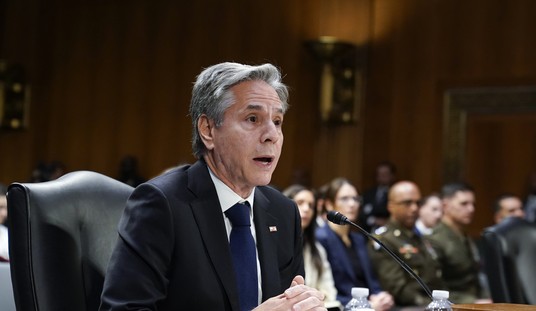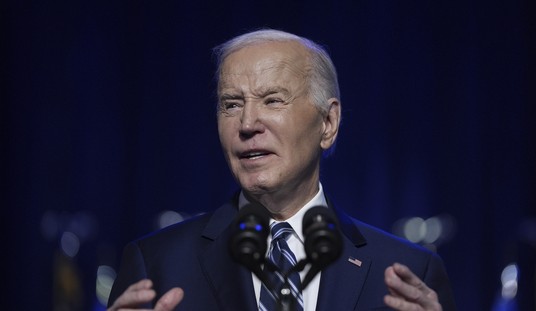Since the Clinton Administration turned out to be much more market-oriented than either his GOP predecessor or successor, this isn’t quite a man-bites-dog story.
Nonetheless, it is still noteworthy that Elaine Kamarck, a high-level official from the Clinton White House, has a column on a left-of-center website arguing in favor of a pro-growth, supply-side corporate tax reform.
Here’s some of what she wrote.
Not only have the OECD countries reduced their corporate tax rates over the years to an average of 25 percent — members of the OECD are starting in on yet another round of cuts. Canada and Great Britain, two of our closest trading partners, are moving in this direction. America has the second highest corporate tax rate of any of the developed nations. We can’t sit by while our competition is changing. A 2008 report by economists at the OECD found that the corporate income tax is the most harmful tax for long-term economic growth. A 2010 World Bank study demonstrated that corporate tax rates have a “large and significant adverse” effect on investment. And investment and economic growth equals jobs. Wage data from 65 countries over 25 years shows that every one percent increase in corporate tax rates leads to a 0.5 to 0.6 percent decrease in wages.
Recommended
There are things in the rest of the article that rub me the wrong way, but I agree with everything in the above passage, as I explain in this video.
The thing that’s most striking about Ms. Kamarck’s article is that she acknowledges the link between corporate tax rates and workers’ wages, thus agreeing with me – at least implicitly – about “trickle-down economics” and the deleterious impact of double taxation.























Join the conversation as a VIP Member